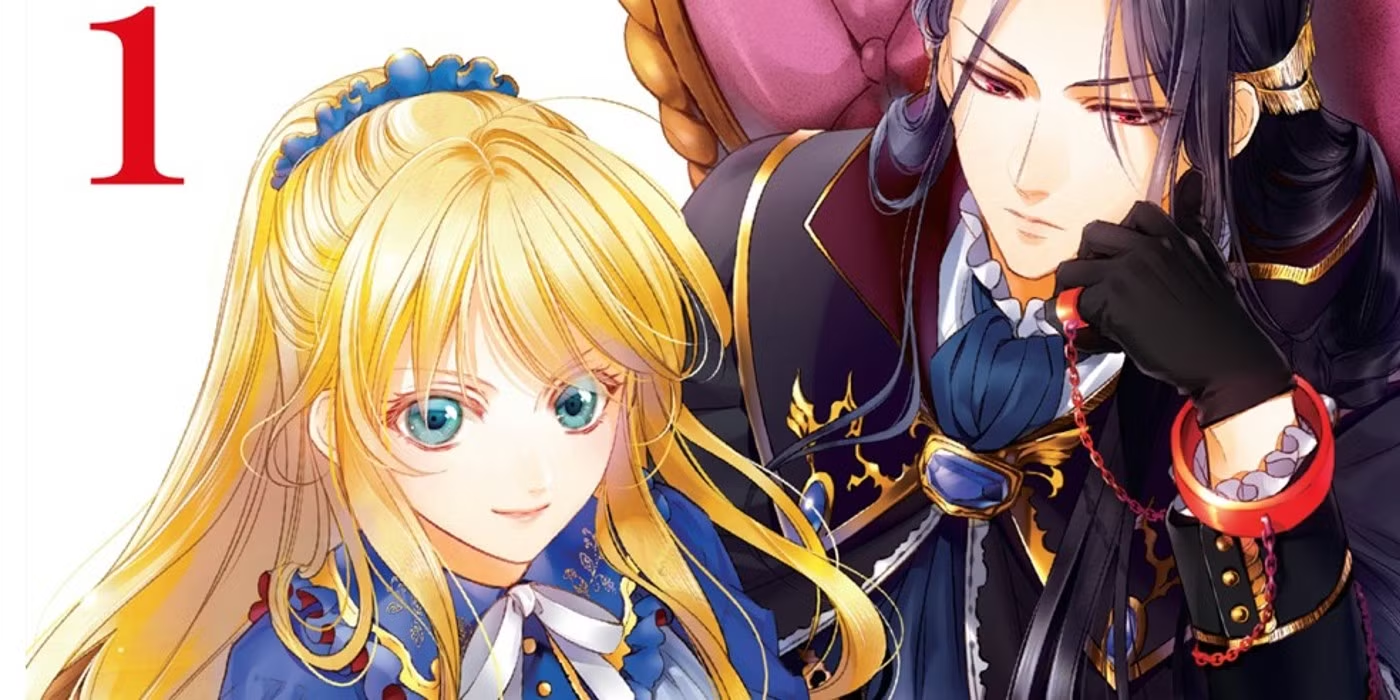The world of anime and light novels has witnessed a surge in creative storylines over the years, and the isekai (or “otherworld”) genre stands out as one of the most innovative. Titles such as “I Became a Genius Swordsman in the Pretty Girl Game” showcase the creativity of modern writers, combining unconventional concepts with humor, adventure, and relatable characters. This article dives into the story’s premise, explores its themes, and examines why such unique isekai tropes captivate global audiences.
A Quick Overview of the Plot
“I Became a Genius Swordsman in the Pretty Girl Game” centers around an ordinary protagonist who finds themselves transported into a dating simulation game aimed at female audiences. These games, commonly referred to as otome games, focus on romance and relationships, with the player navigating choices to achieve a “perfect ending” with one of the male characters.
However, this isn’t your typical otome story. Instead of being a dashing love interest or the heroine tasked with winning hearts, the protagonist is reincarnated as a swordsman NPC (non-playable character). What sets them apart is that they gain an extraordinary level of skill, becoming a “genius swordsman” who wields unparalleled abilities in a world otherwise focused on romantic drama.
This unexpected setup flips the usual tropes on their head, blending the romantic undertones of an otome game with high-stakes battles, fantasy worldbuilding, and comedic misunderstandings.
Why This Concept Stands Out
1. Subversion of Expectations
In most isekai stories, the protagonist either becomes a hero destined to save the world (Re:Zero) or fulfills a powerful role like an overpowered magician (Mushoku Tensei). However, “I Became a Genius Swordsman in the Pretty Girl Game” introduces a comical paradox: a battle-hardened warrior in a world filled with charming dates and flowery dialogues.
This stark contrast between a swordsman’s skillset and the game’s romantic premise generates endless comedic scenarios. Imagine the protagonist effortlessly defeating villains meant to serve as dramatic plot twists in the game, leaving the in-game love interests flabbergasted.
2. A Fresh Take on Otome Games
While many otome-inspired isekai stories (My Next Life as a Villainess: All Routes Lead to Doom!) feature heroines or villainesses navigating love triangles, this story diverges by focusing on someone entirely outside the romance framework. It humorously exposes how absurd the scenarios in dating sims can feel when viewed from a non-romantic perspective. For instance, the protagonist might interrupt flirtatious encounters with combat training or accidentally steal the spotlight from a scripted romantic hero.
This fresh take not only appeals to fans of otome games but also invites newcomers to appreciate the genre’s quirks.
Themes Explored in the Story
1. Identity and Adaptation
A recurring theme in isekai stories is the struggle to adapt to a new world. The protagonist in “I Became a Genius Swordsman in the Pretty Girl Game” grapples with being an outlier in a universe built around romance. Instead of following the script, they carve out their own path, balancing the expectations of the game world with their own desires.
This theme resonates with audiences who have ever felt out of place or pressured to conform to societal norms. The protagonist’s journey highlights the importance of staying true to oneself, even in the most unconventional circumstances.
2. Power and Responsibility
Becoming a genius swordsman comes with its own challenges. The protagonist’s combat prowess may disrupt the game’s intended flow, leading to unexpected consequences. This theme mirrors the broader idea of handling newfound abilities responsibly, a common thread in isekai narratives.
The Role of Comedy and Satire
A key element of “I Became a Genius Swordsman in the Pretty Girl Game” is its use of comedy to poke fun at both the isekai and otome game genres. For example, the protagonist might inadvertently turn romantic rivals into loyal allies by defeating them in a duel or unknowingly overshadow the romantic lead with their charm and competence.
The story also satirizes the exaggerated tropes found in otome games. Over-the-top confessions of love, dramatic misunderstandings, and “plot armor” are all hilariously dismantled by the protagonist’s pragmatic, no-nonsense approach to problem-solving.
Why Audiences Love It
- Unpredictability: By blending action, romance, and humor, the story keeps readers guessing.
- Relatable Characters: Despite their extraordinary skills, the protagonist is grounded, often reacting to the absurdity of their situation in ways that feel authentic.
- Appeal to Multiple Genres: Fans of action, comedy, romance, and fantasy all find something to enjoy.
Conclusion
“I Became a Genius Swordsman in the Pretty Girl Game” exemplifies the evolving creativity within the isekai genre. By combining the unlikely elements of a battle-hardened swordsman and a whimsical otome game, it offers a refreshing, hilarious, and thought-provoking narrative. As the isekai genre continues to grow, stories like this one remind us of the endless possibilities when imagination takes the reins. Whether you’re a fan of romance, adventure, or just a good laugh, this unique tale promises an unforgettable journey.
